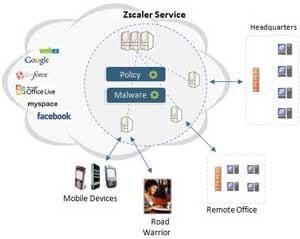Difference Between Distributed OS and Network OS
 Initially, computers were built to operate as a singular entity; having discrete resources and individual operating system. Although the use of multiple computers to solve a single problem is not unheard of, it is often a human’s job to subdivide the problem into manageable chunks that the computers can separately work on.
Initially, computers were built to operate as a singular entity; having discrete resources and individual operating system. Although the use of multiple computers to solve a single problem is not unheard of, it is often a human’s job to subdivide the problem into manageable chunks that the computers can separately work on.
A distributed OS is just an improvement of the original concept. But instead of a human cutting up the job, the OS is smart enough to know which computers are overloaded and which ones are idle. It would then balance the tasks available so that each computer in the group is sharing equal load. This is good for maximizing the usefulness of each computer. The drawback though is that you would need to upgrade all the units every so often to maintain a reasonable level of performance. There is also some software that is simply not compatible with distributed computing. They are not optimized to take advantage of multiple processes, and as such can only be processed by one computer.
The appearance of network operating systems is a direct result of the need to cut costs and control each computer in the system. Network OS does not reside on every computer, the client only has enough software to boot the hardware and contact the server. All the subsequent operations are done on the server, and the only role of the client is to relay the input and output between the server and the user. This is very effective in controlling the installed software since clients do not have the capability to add or remove software. A network OS requires a very minimal amount of hardware on the client, although the server should be capable to handle the demands of multiple users. This means that you would not need to upgrade the clients as long as you keep the server properly maintained. This even led to the creation of thin clients or devices that cannot function on their own but are meant to work with network OS.
Depending on the needs and resources of your company, a distributed or network OS might be worth looking into. Each has its own advantages and disadvantages that you should take into consideration. A distributed OS could cost a bit more than a network OS, but a network OS cannot handle computation intensive programs due to the stress it puts in the server. The decision is up to you in picking a better solution that what you currently have.
- Difference Between Sony Cybershot S Series and W Series - December 22, 2012
- Difference Between Samsung Galaxy S3 and iPhone 5 - December 21, 2012
- Difference Between Samsung Galaxy S2 (Galaxy S II) and Galaxy S 4G - December 20, 2012
